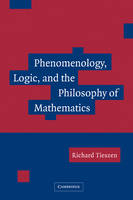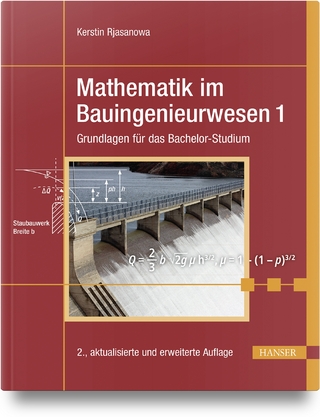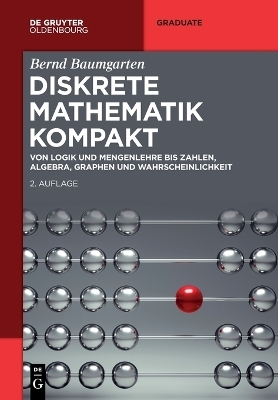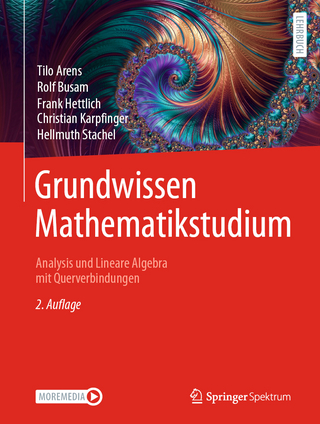
Phenomenology, Logic, and the Philosophy of Mathematics
Cambridge University Press (Verlag)
978-0-521-11998-6 (ISBN)
Offering a collection of fifteen essays that deal with issues at the intersection of phenomenology, logic, and the philosophy of mathematics, this 2005 book is divided into three parts. Part I contains a general essay on Husserl's conception of science and logic, an essay of mathematics and transcendental phenomenology, and an essay on phenomenology and modern pure geometry. Part II is focused on Kurt Godel's interest in phenomenology. It explores Godel's ideas and also some work of Quine, Penelope Maddy and Roger Penrose. Part III deals with elementary, constructive areas of mathematics. These are areas of mathematics that are closer to their origins in simple cognitive activities and in everyday experience. This part of the book contains essays on intuitionism, Hermann Weyl, the notion of constructive proof, Poincaré and Frege.
Part I. Reason, Science, and Mathematics: 1. Science as a triumph of the human spirit and science in crisis: Husserl and the Fortunes of Reason; 2. Mathematics and transcendental phenomenology; Part II. Kurt Godel, Phenomenology and the Philosophy of Mathematics: 3. Kurt Godel and phenomenology; 4. Godel's philosophical remarks on mathematics and logic; 5. Godel's path from the incompleteness theorems (1931) to Phenomenology (1961); 6. Godel and the intuition of concepts; 7. Godel and Quine on meaning and mathematics; 8. Maddy on realism in mathematics; 9. Penrose and the view that minds are not machines; Part III. Constructivism, Fulfilled Intentions, and Origins: 10. Intuitionism, meaning theory and cognition; 11. The philosophical background of Weyl's mathematical constructivism; 12. What is a proof?; 13. Phenomenology and mathematical knowledge; 14. Logicism, impredicativity, formalism; 15. The philosophy of arithmetic: Frege and Husserl.
| Erscheint lt. Verlag | 24.9.2009 |
|---|---|
| Zusatzinfo | Worked examples or Exercises |
| Verlagsort | Cambridge |
| Sprache | englisch |
| Maße | 152 x 229 mm |
| Gewicht | 540 g |
| Themenwelt | Mathematik / Informatik ► Mathematik |
| Naturwissenschaften | |
| ISBN-10 | 0-521-11998-7 / 0521119987 |
| ISBN-13 | 978-0-521-11998-6 / 9780521119986 |
| Zustand | Neuware |
| Informationen gemäß Produktsicherheitsverordnung (GPSR) | |
| Haben Sie eine Frage zum Produkt? |
aus dem Bereich


